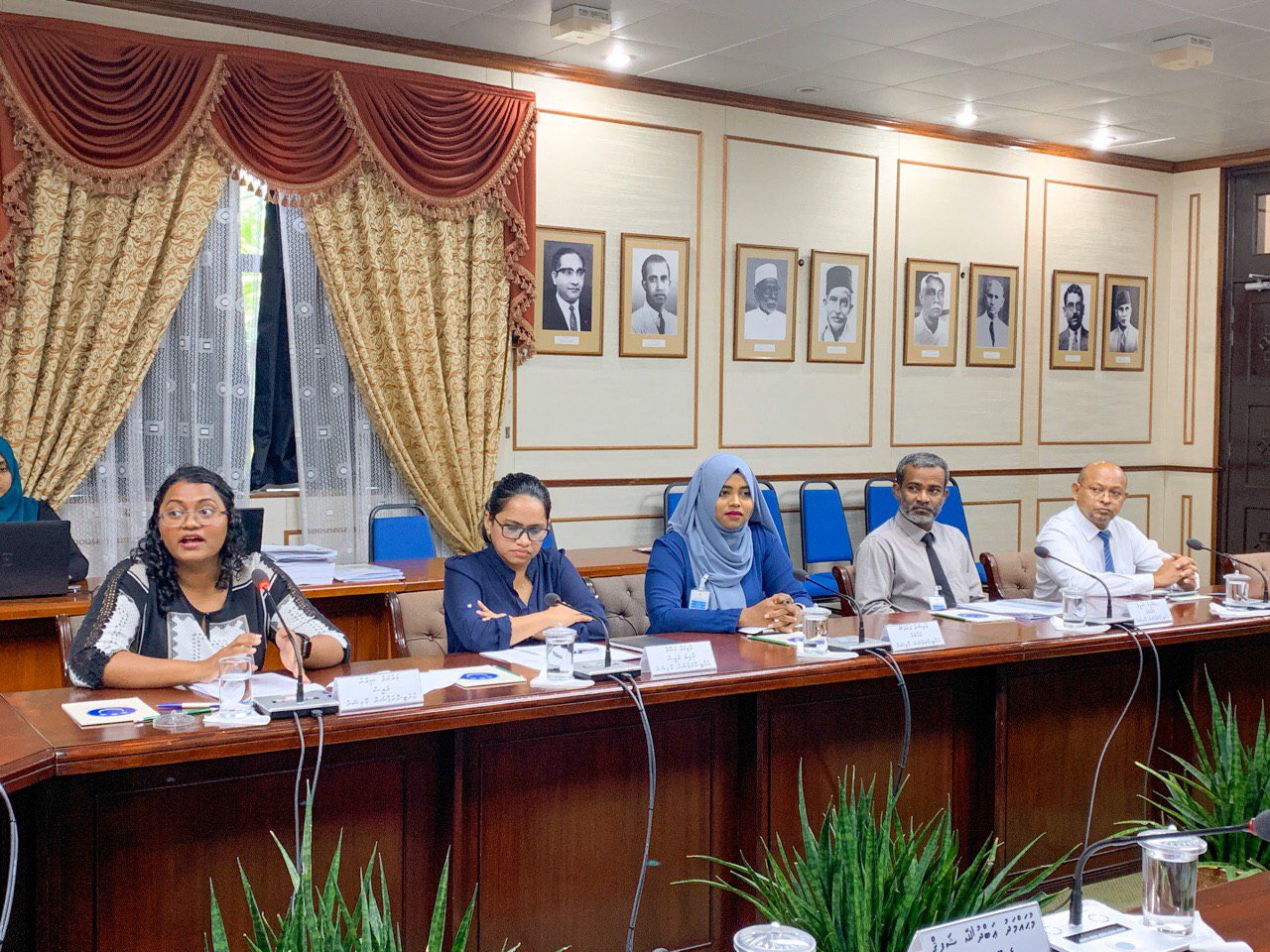Monday roundup: minister accused of interfering in corruption probe
A roundup of the day’s top stories.

21 Oct 2019, 09:00
President’s office minister accused of interfering in corruption probe
Anti-Corruption Commission president Mariyam Shiuna on Monday accused president’s office minister Ahmed Sameer of attempting to intimidate her concerning a case under investigation by the watchdog.
Appearing at parliament’s independent institutions oversight committee, the new ACC chief told lawmakers that Sameer had called her and expressed displeasure over the commission’s plans to question an state minister following a corruption complaint.
As the case was unrelated to Sameer, Shiuna said she interpreted the call as an attempt to exert undue influence. Sameer warned her that she would be summoned to the parliament oversight committee once he informed Deputy Speaker Eva Abdulla, Shiuna said, suggesting that it was tantamount to threatening and intimidation.
Become a member
Get full access to our archive and personalise your experience.
Already a member?
Discussion
No comments yet. Be the first to share your thoughts!
No comments yet. Be the first to join the conversation!
Join the Conversation
Sign in to share your thoughts under an alias and take part in the discussion. Independent journalism thrives on open, respectful debate — your voice matters.




